Wednesday - 2 November 2022 -
Today we drove from Fez to the Roman ruins at Volubilis. Volubilis grew rapidly under Roman rule from the 1st
century onward and expanded to cover about 100 acres with a 1.6 mile circuit of walls. The city gained a
number of major public buildings in the 2nd century, including a basilica, temple and triumphal arch. Its
prosperity, which was derived principally from growing olives, prompted the construction of many fine
townhouses with large mosaic floors.
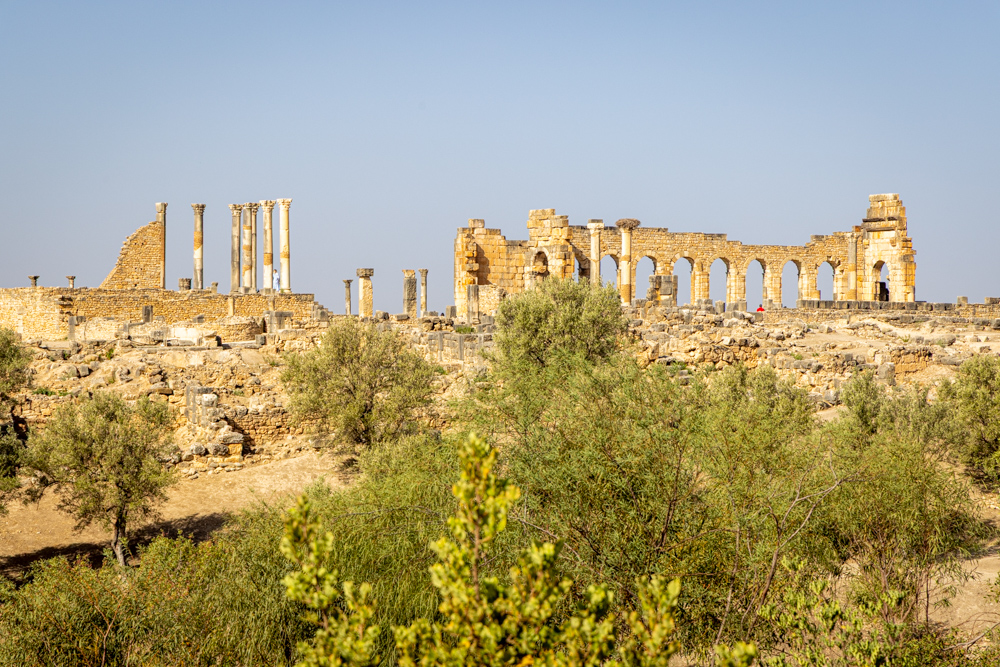


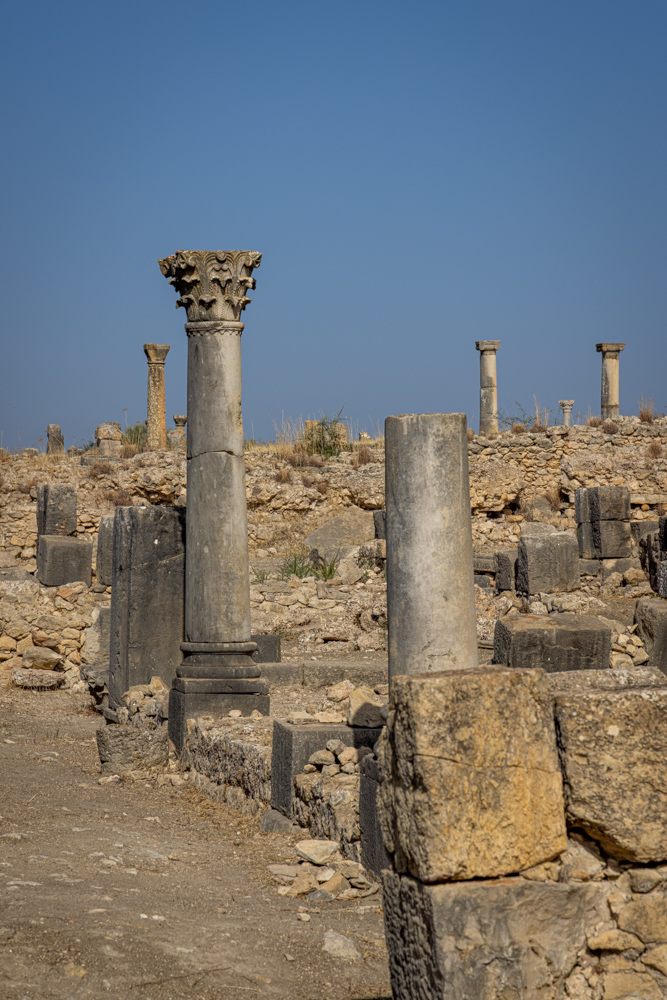
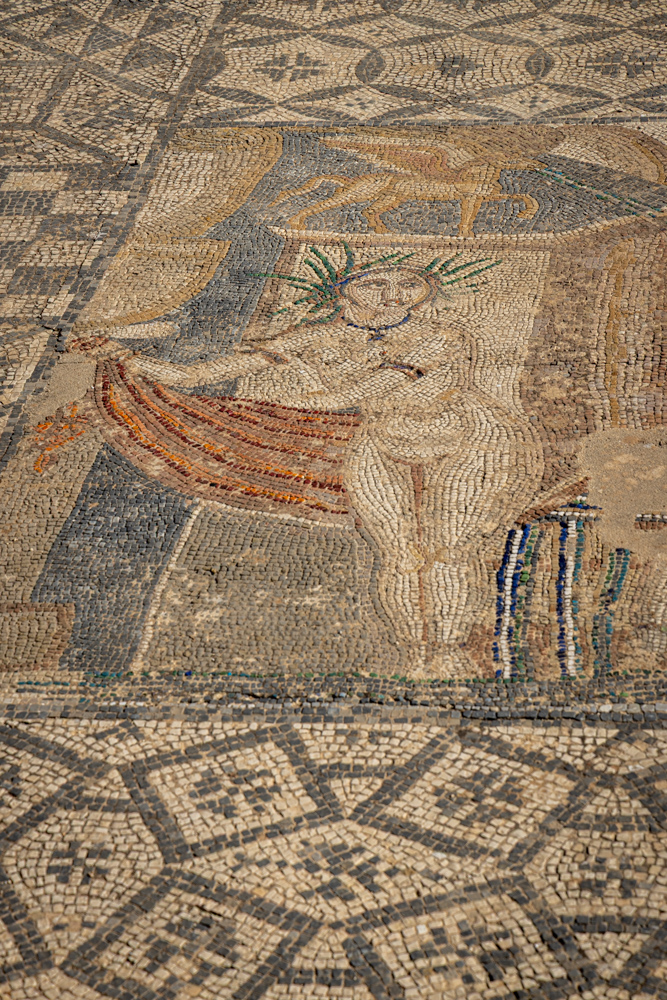
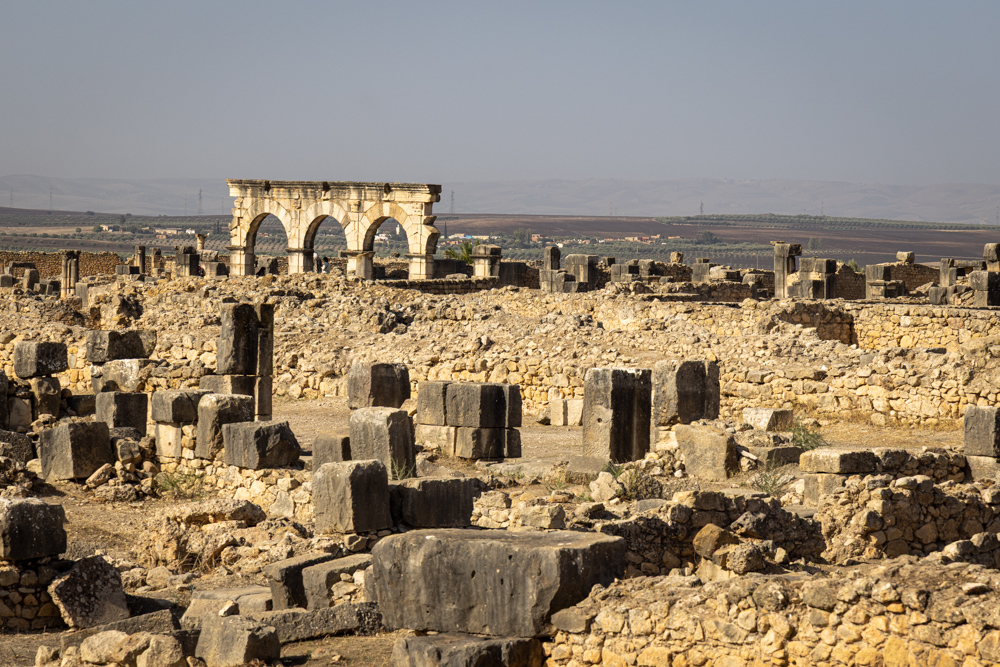
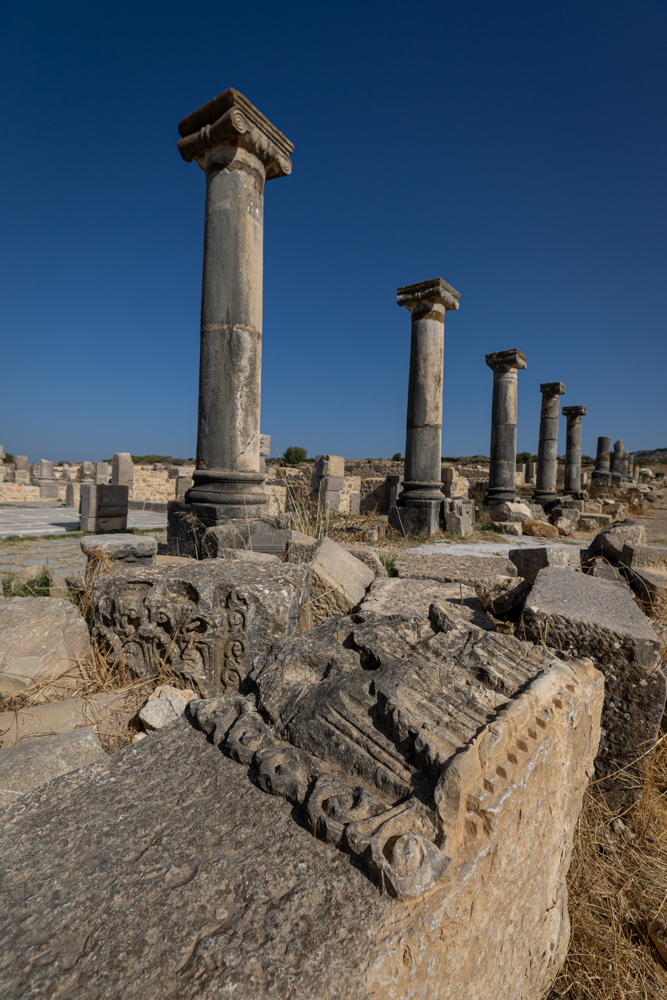

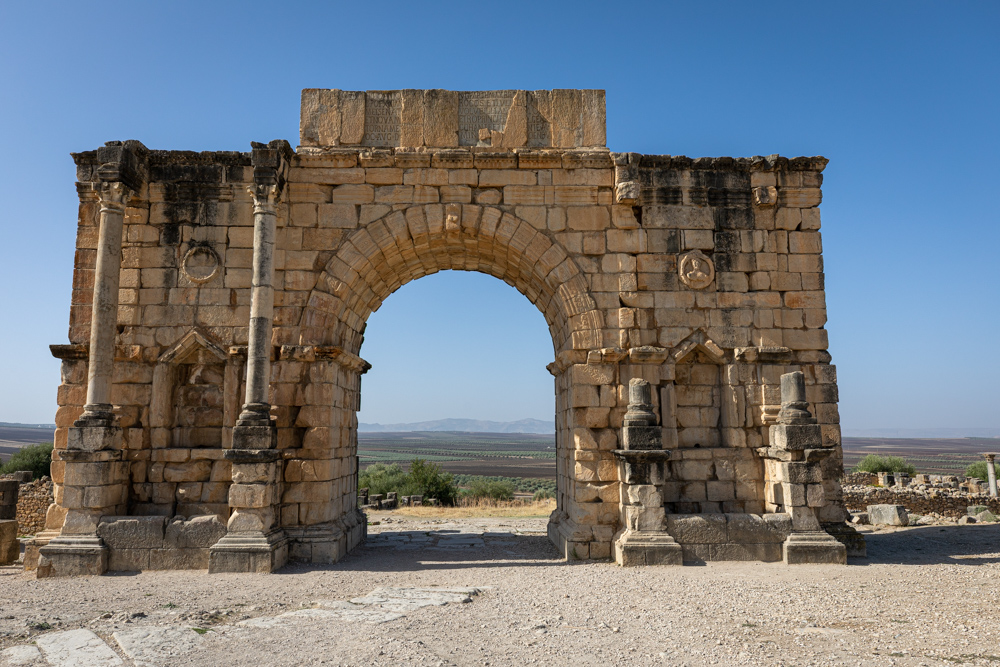
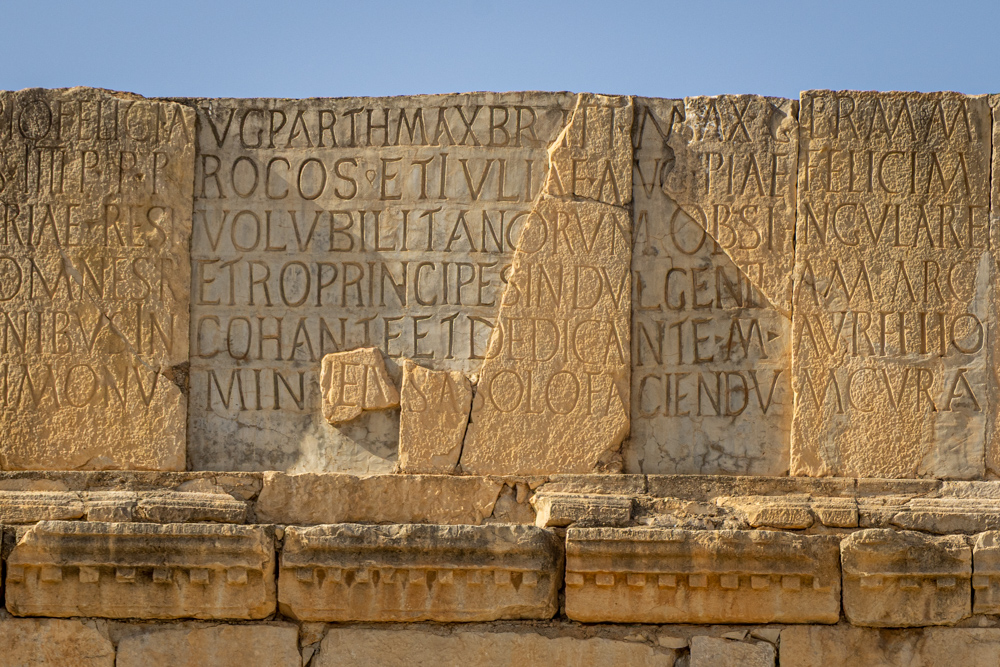
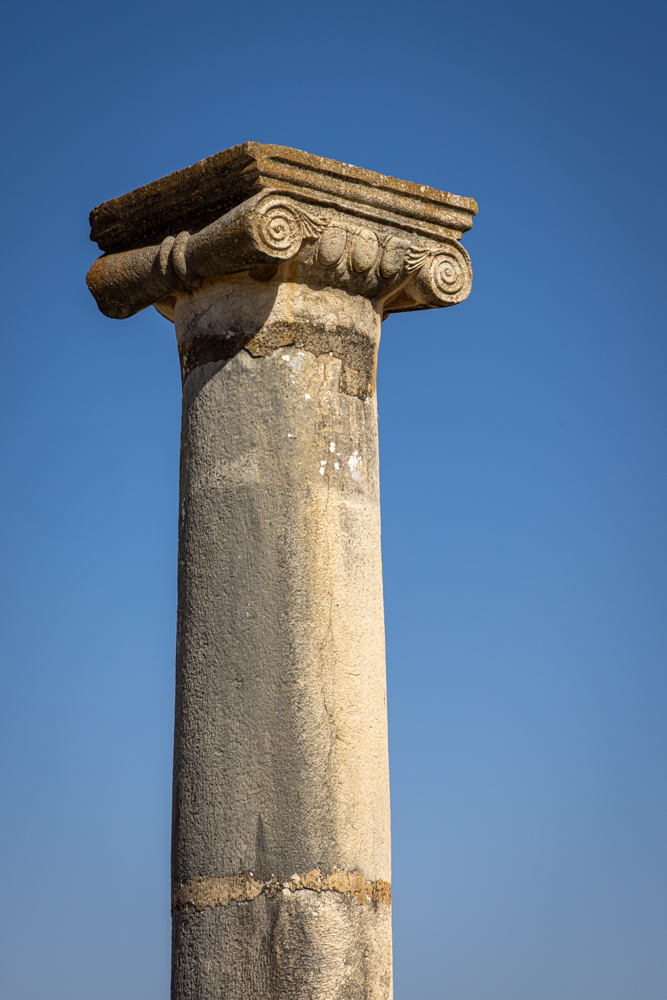

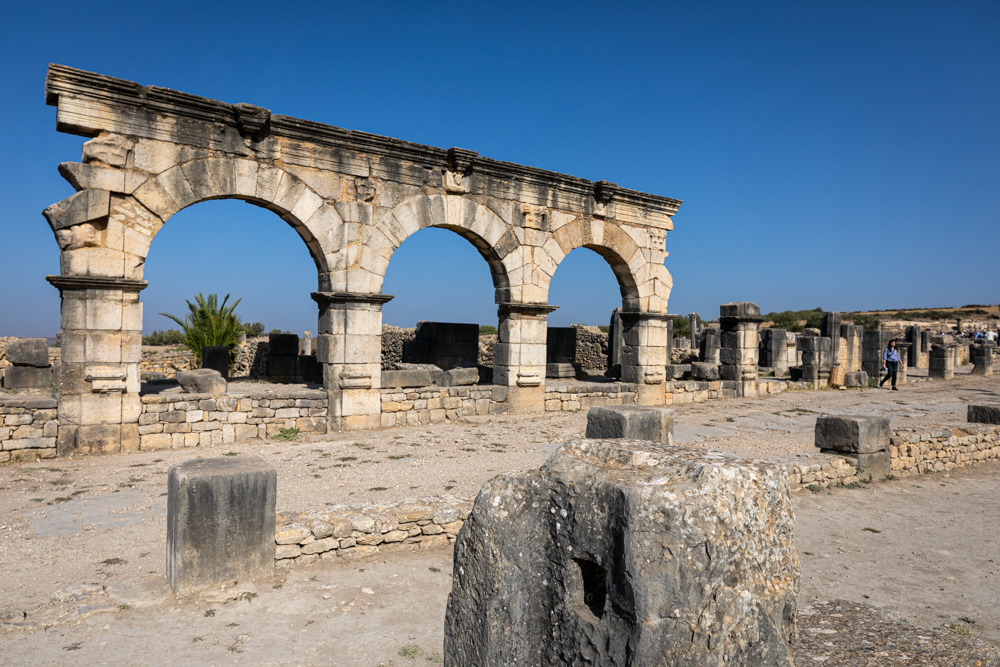
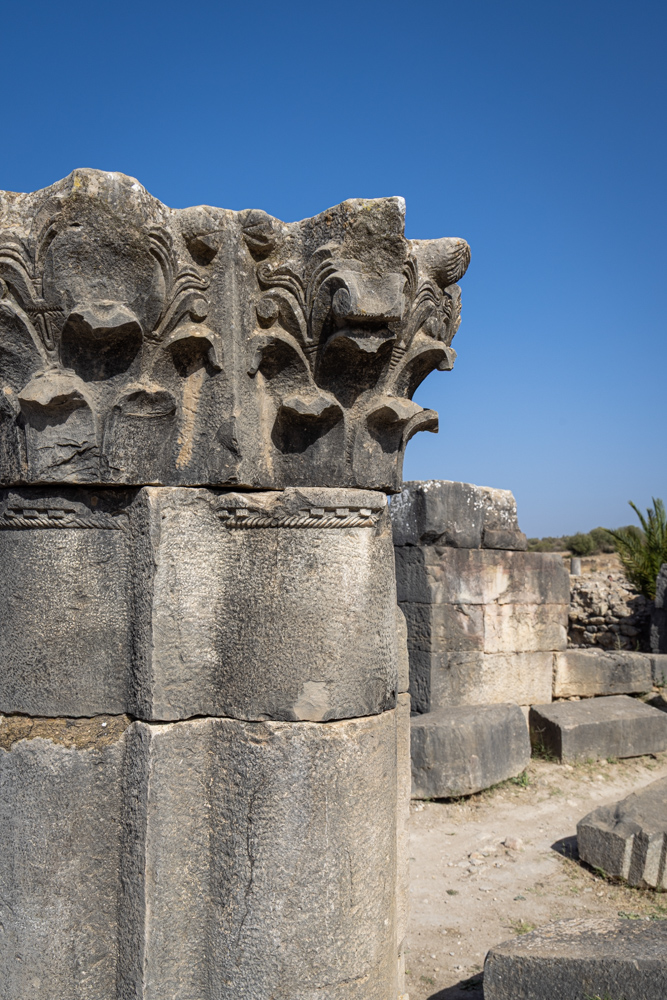
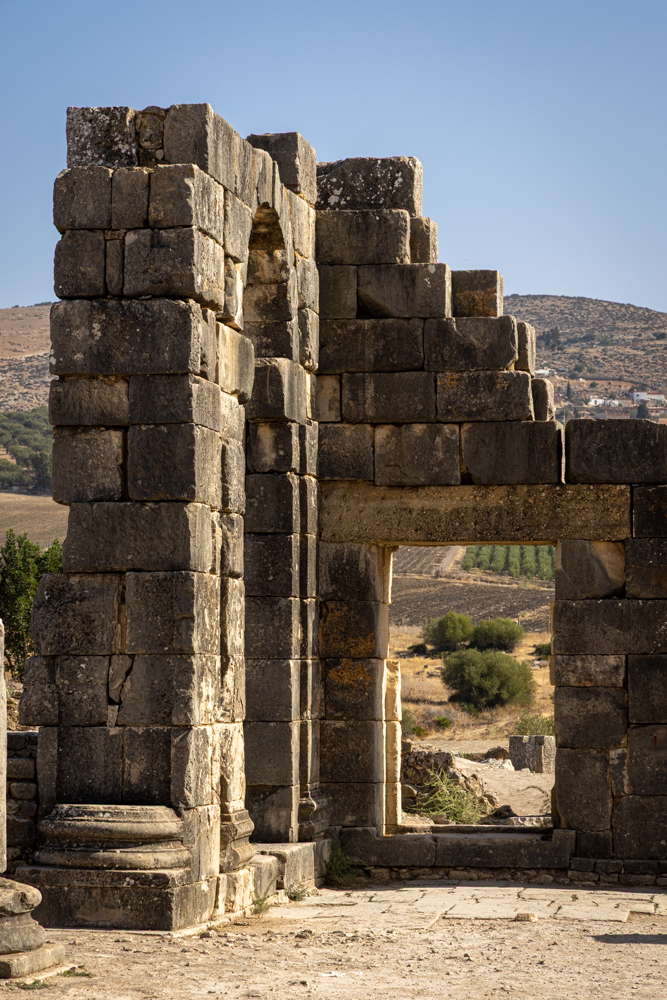
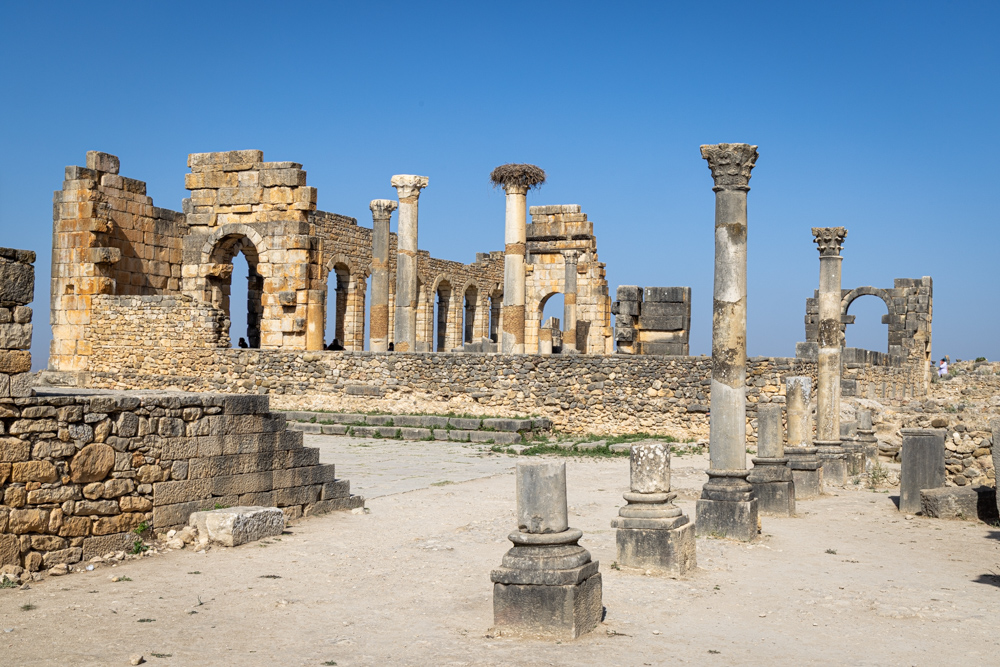
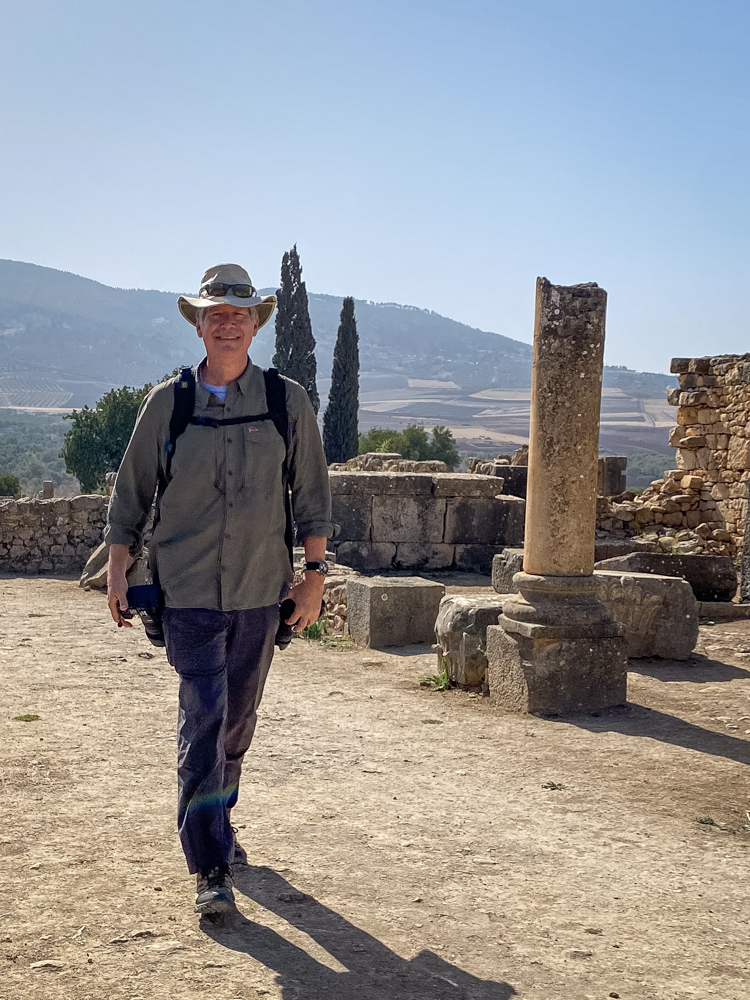
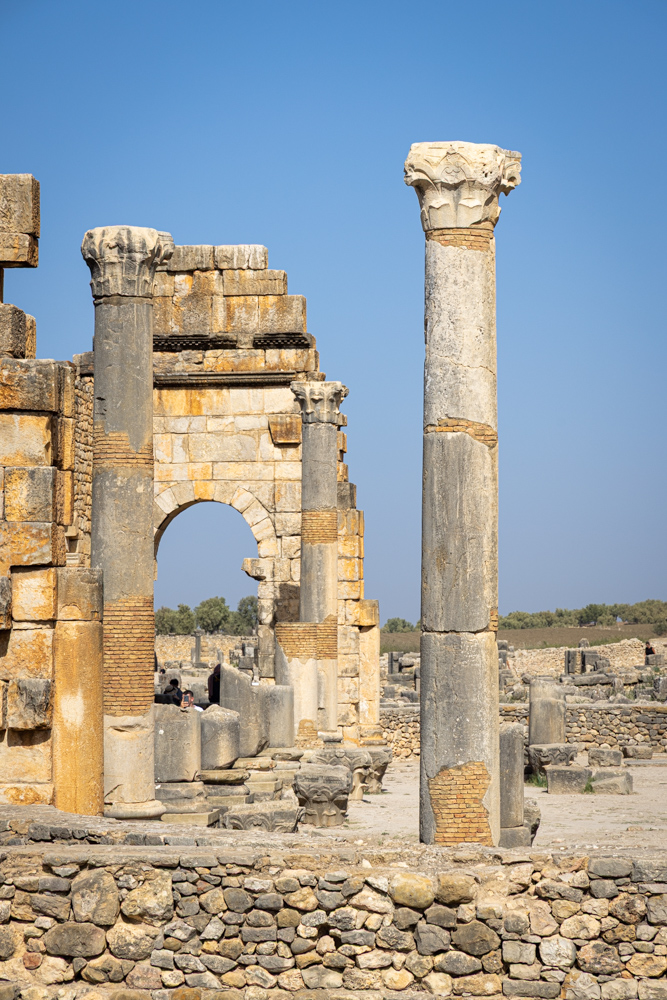
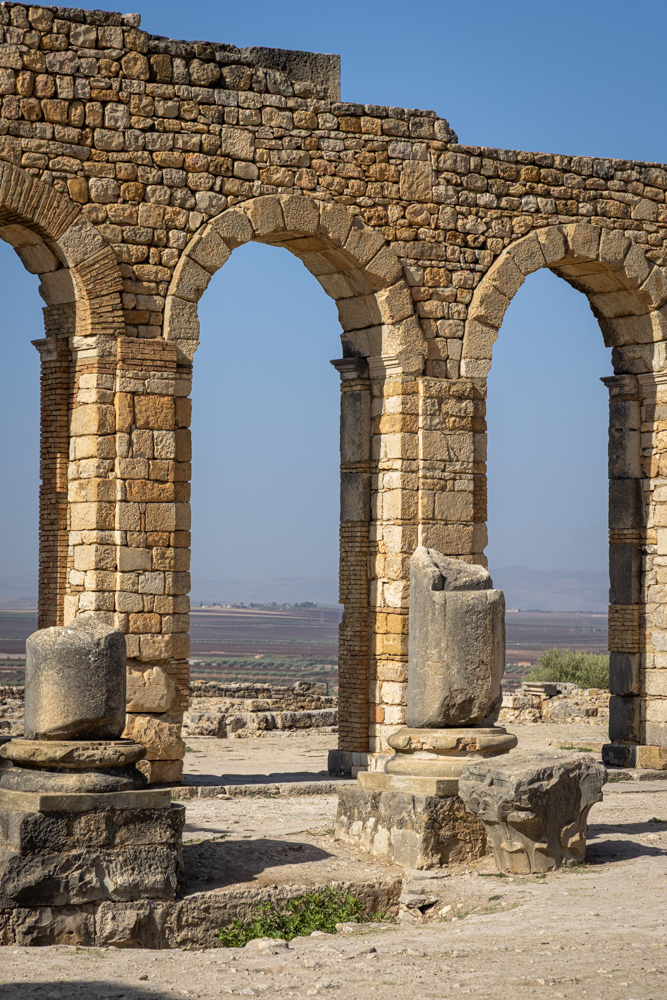

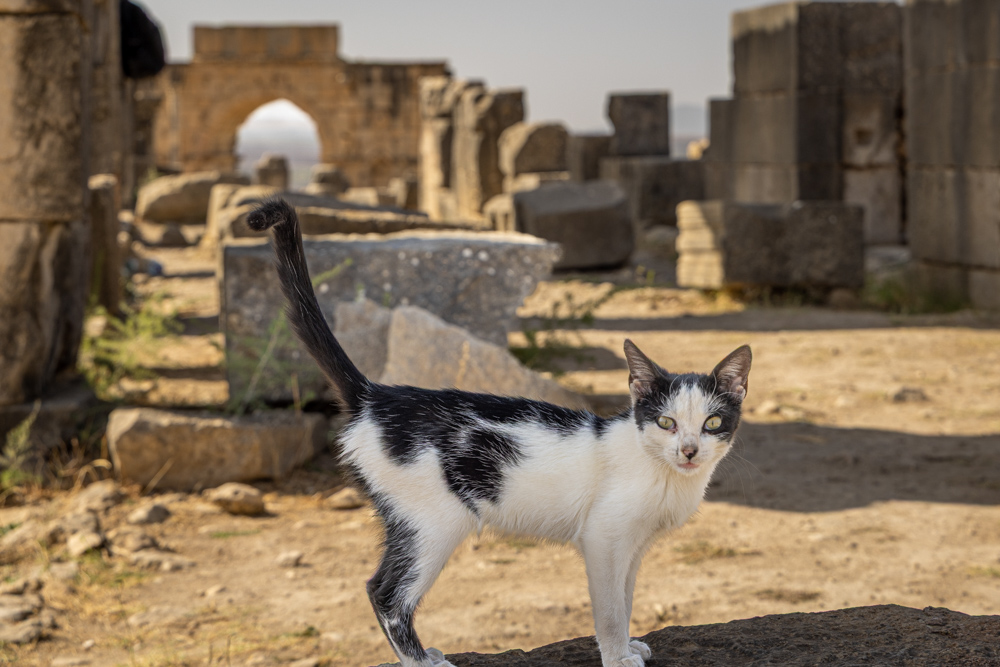
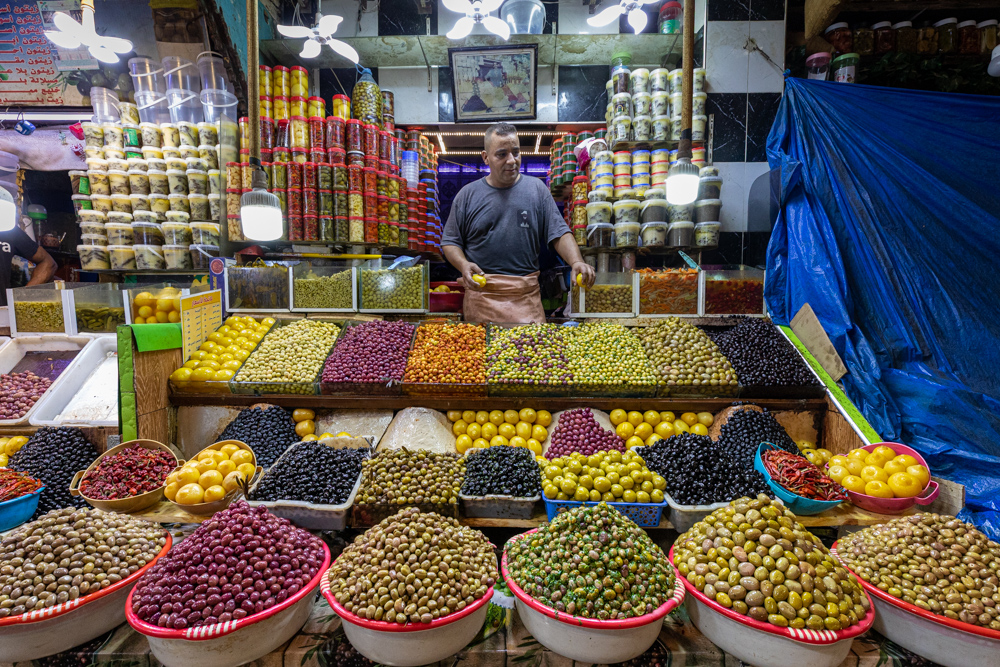
We walked the Medina shops in the town - beautiful displays of olives.
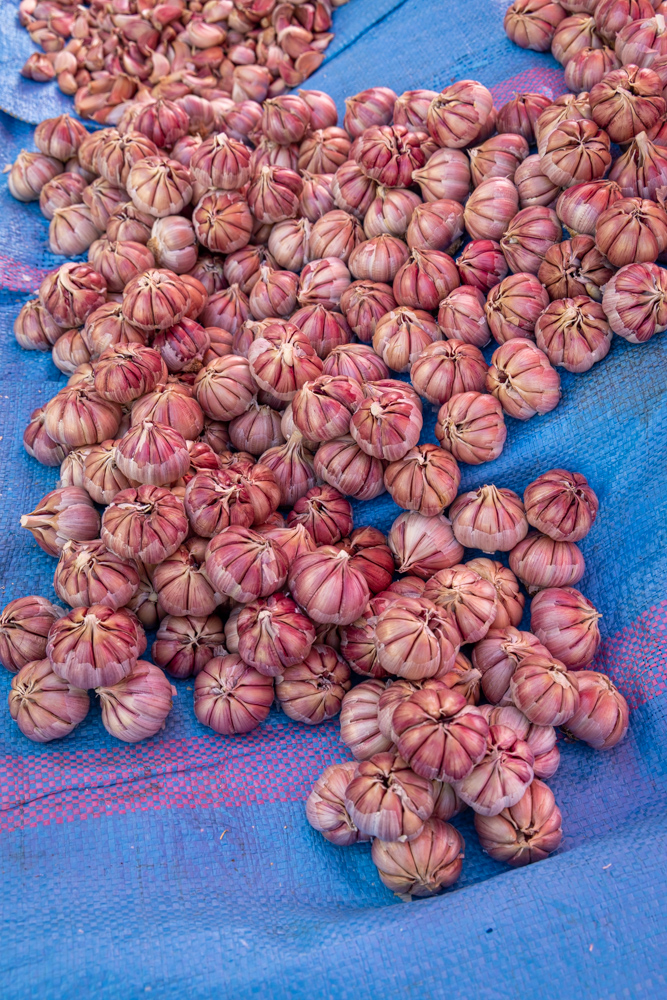
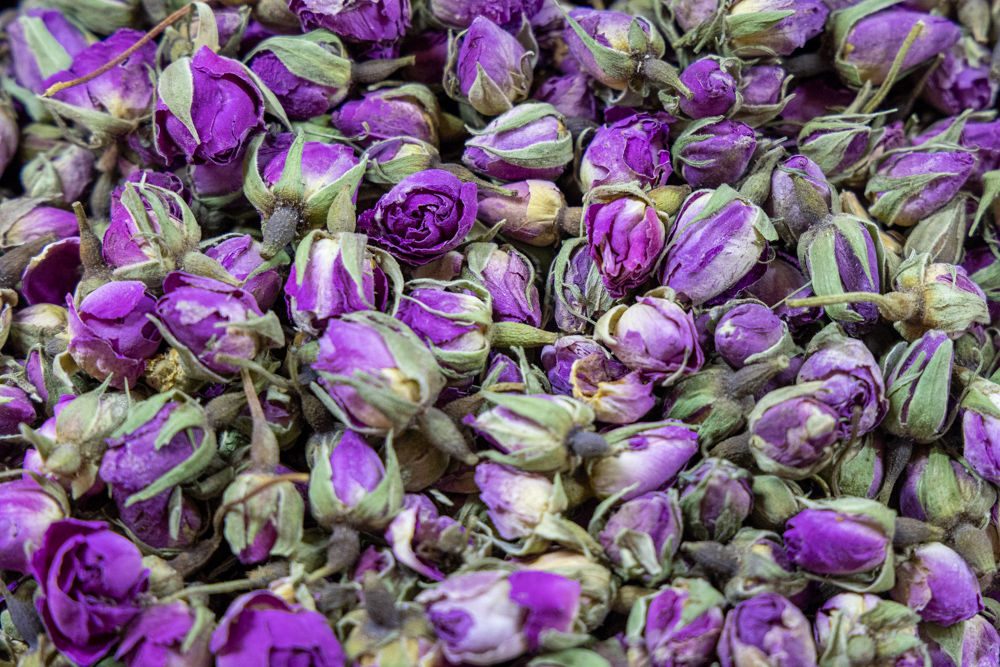
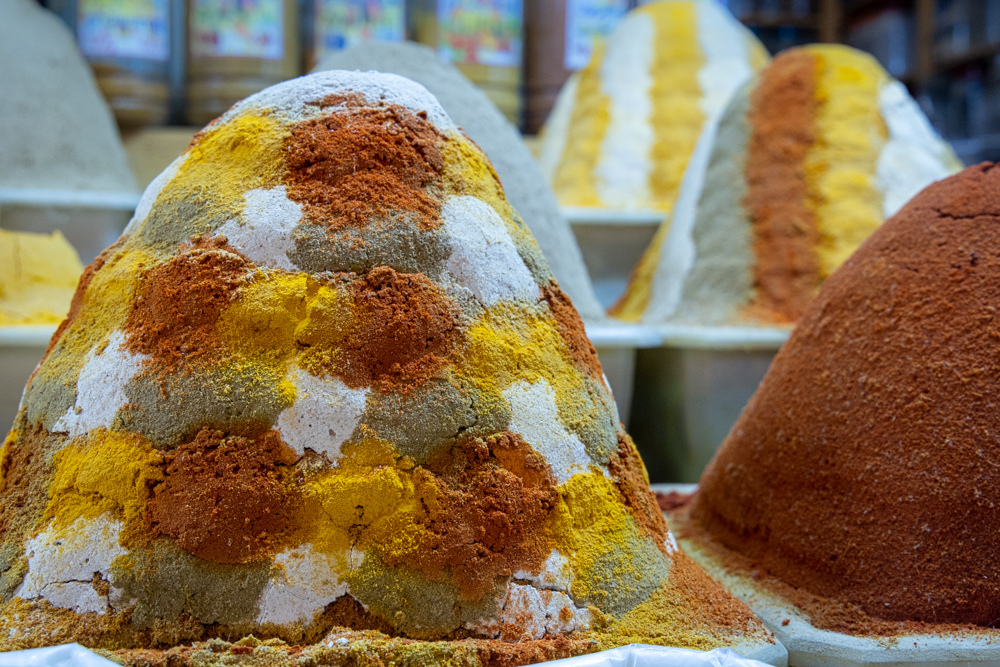
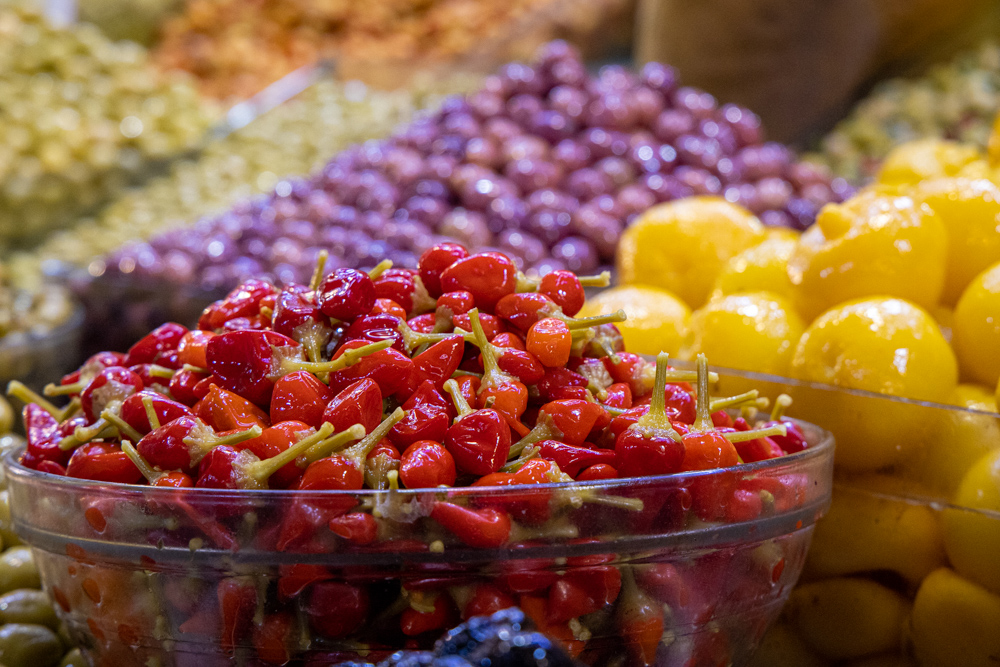
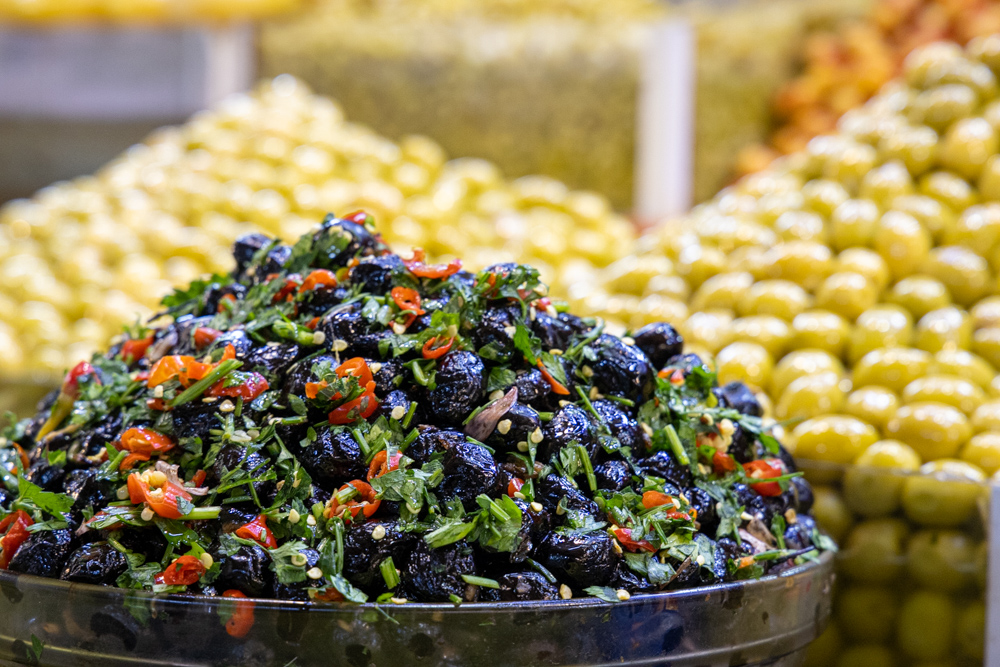

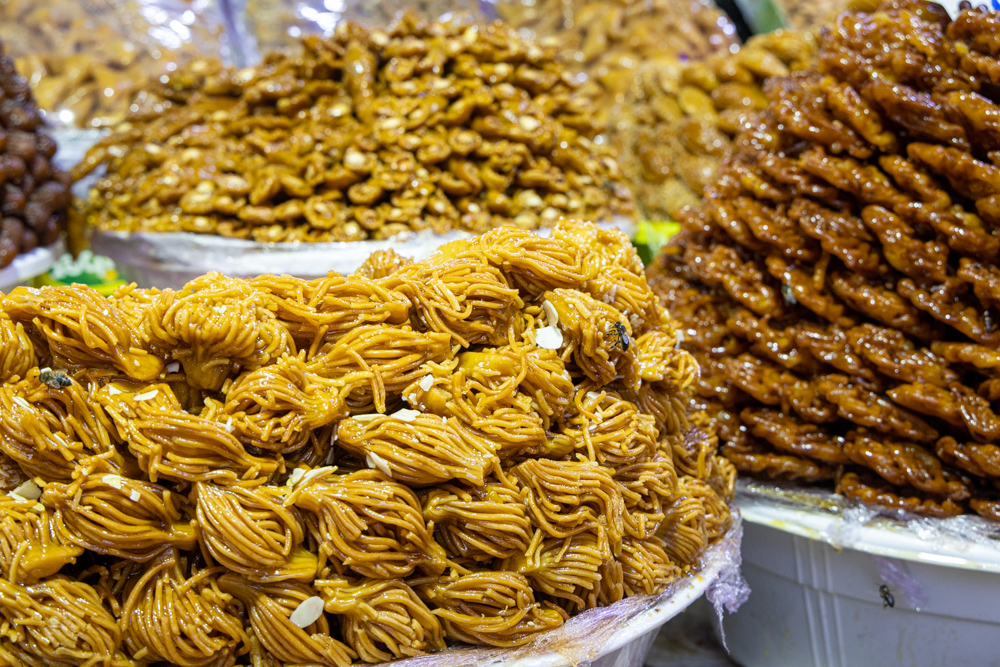

At dinner in the hotel (Riad) the musician played a special song for Virginia Ann (he used Virginia).
It is challenging to hear in the recording, so you have to concentrate.
It is challenging to hear in the recording, so you have to concentrate.